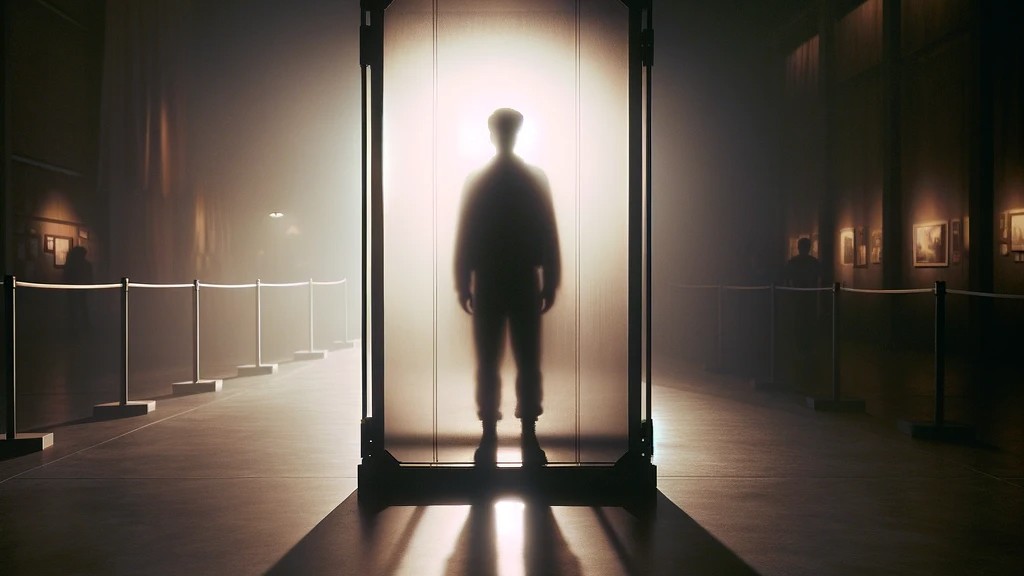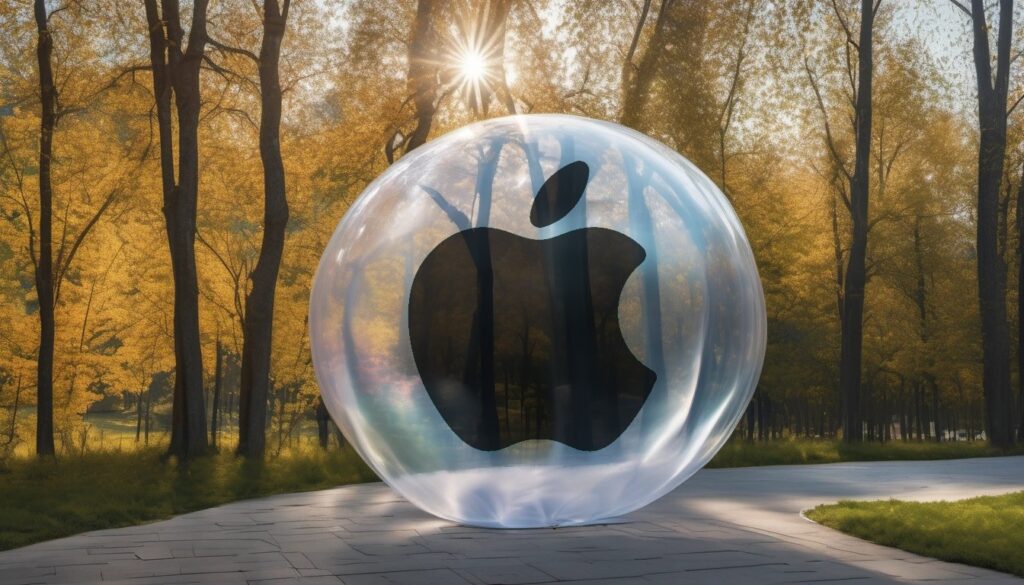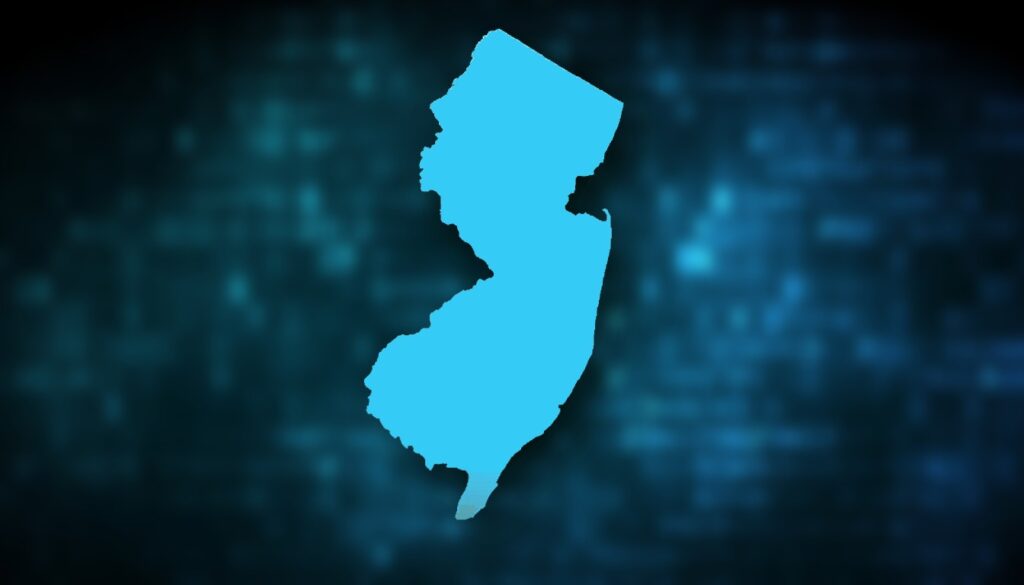
Plaintiff Sprint (owner of the NEXTEL brand) sued defendant business owners, asserting claims for trademark infringement, cybersquatting and counterfeiting. Beginning in 2016, defendants – apparently believing that Sprint had abandoned the NEXTEL mark – began selling cheap cell phones branded as Nextel devices, and operating websites lauding the brand’s “revival”.
The question of defendants’ liability for infringement of the NEXTEL word mark went to a jury, which found in favor of plaintiff. The jury rejected defendants’ argument that Sprint had abandoned the NEXTEL mark.
Defendants sought review of the jury’s finding of no abandonment with the Eleventh Circuit Court of Appeals. On appeal, the court affirmed the lower court’s judgment.
The court examined how abandonment is a defense in trademark infringement cases, requiring discontinuation of a mark’s use with no intent to resume. Trademarks must be used genuinely, and the Lanham Act provides that three years of nonuse is prima facie evidence of abandonment.
The court concluded that the evidence showed Sprint’s continuous use of the NEXTEL word mark. For the three year period that defendants claimed Sprint had not used the mark, Sprint had provided evidence that the mark was used on at least two products. This continuous use also undermined defendants’ arguments against the cybersquatting claim.
Sprint Communications, Inc. v. Calabrese, 2024 WL 1463416 (11th Cir., April 4, 2024)
See also: When X makes it an ex-brand: Can a company retain rights in an old trademark after rebranding?








